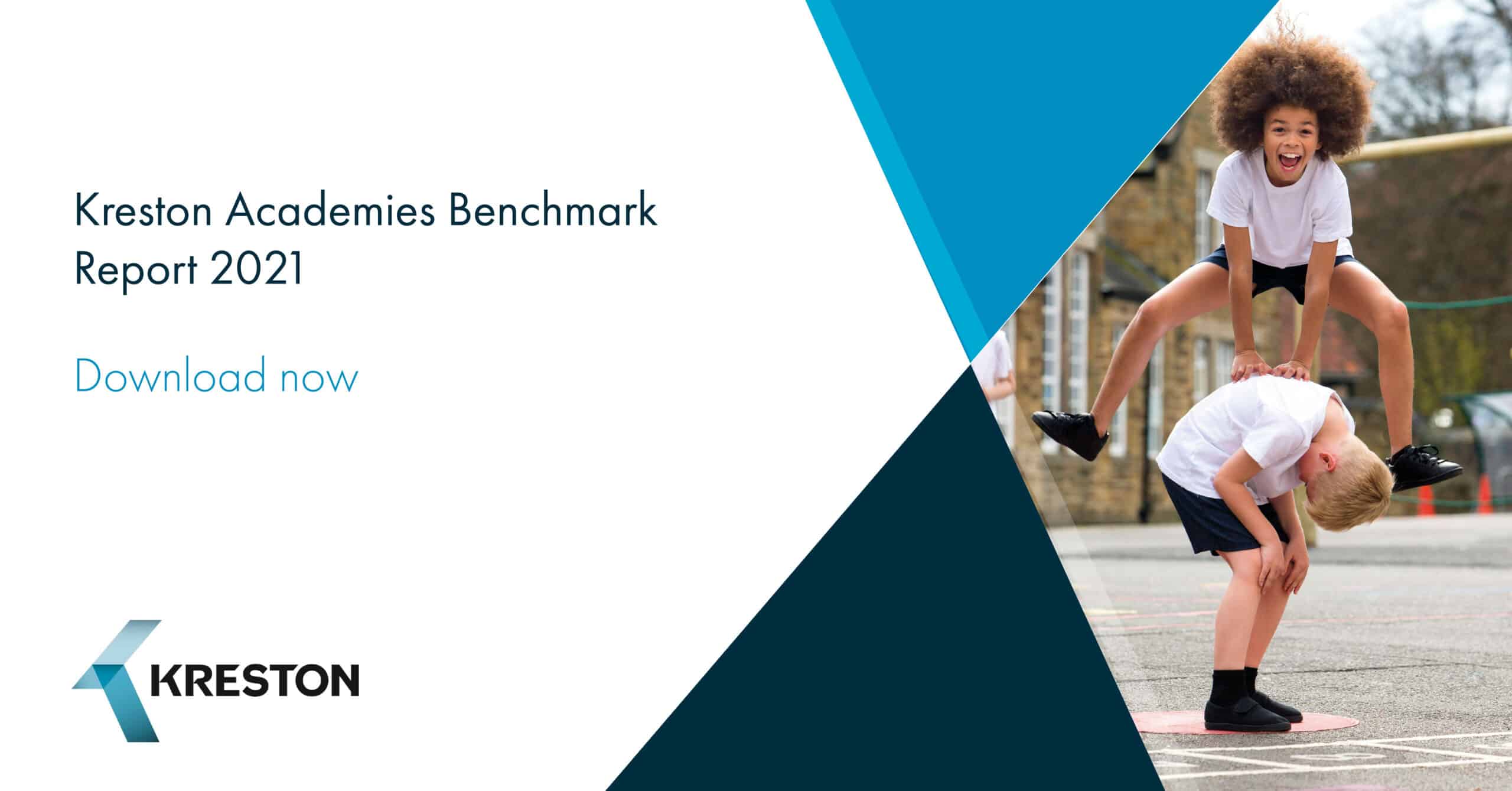2021 Kreston Academies Benchmark Report – now available
January 28, 2021

The Kreston Academies Benchmark Report is a joint annual publication that assesses the finances of almost 1,400 academy schools in 300 academy trusts. This represents 15% of all academy schools in the UK.
After the 2018/19 academic year saw academies turn a budget surplus for the first time in four years, this year’s report shows growth in the sector slowed from 10.8% to 7.8% due to the COVID-19 pandemic. While schools did see a significant reduction in costs for staffing, maintenance, and utilities resulting from fewer pupils being in school during the lockdown, much of this money was invested in technology and other resources to enhance the sector’s remote learning capability for the current academic year.
Other key figures from the report include:
- 70% of academy trusts saved money on the cost of supply workers
- 85% planned to continue investing in IT in the future, partly to support distance learning
- The number of trusts in cumulative deficit has fallen from 8% to 5% over the last year
- Nearly 60% of trusts submitted claims for additional funding for pandemic related costs in the 2019/20 academic year
- Larger multi-academy trusts (MATs) with eight or more schools were more likely to have at least one school in an individual deficit position (67%), compared to trusts with four or fewer schools (29%)
Unlike other state-funded schools, the finances of academy schools are often not included in government figures. As a result, the Kreston Academies Benchmark report gives valuable insight into the finances of academies, which constitute 35% of all UK state-funded schools.
Pam Tuckett, Chair of Kreston Global’s Academies Group: “On the face of it, the report suggests the financial picture for the sector is relatively strong as school closures have cut many of the costs traditionally associated with running a school, such as staffing, heating and lighting classrooms that would typically be full of pupils.
“However, this masks the budgetary pressures relating to the increased cost of deep cleaning and the heavy investment that is being made in technology to limit the impact of disruptions to pupils’ education. The findings show that the impact of the pandemic will be felt for many years to come.”

